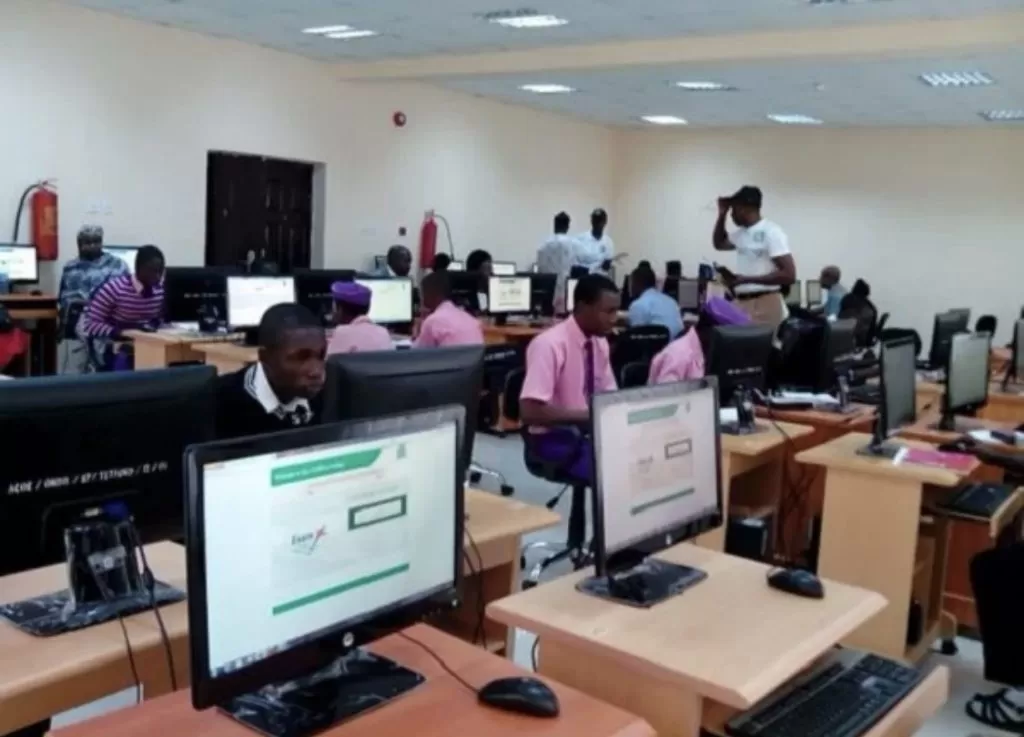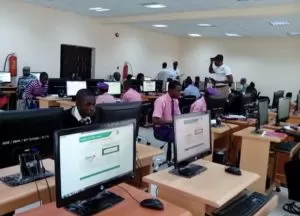WAEC and NECO to Transition to Computer-Based Testing (CBT) from November 2025

Screenshot
In a significant step toward modernizing Nigeria’s educational assessment system, the Federal Government has mandated that the West African Examinations Council (WAEC) and the National Examinations Council (NECO) adopt Computer-Based Testing (CBT) for their examinations. This directive, announced by the Minister of Education, marks a pivotal shift in the administration of senior secondary school certificate examinations, aiming to enhance efficiency, reduce examination malpractice, and align with global best practices in educational assessment.
Phased Implementation of CBT
The transition to CBT will occur in phases, with the initial rollout scheduled for November 2025. During this phase, WAEC and NECO will implement CBT for the objective (multiple-choice) components of their examinations, specifically for the West African Senior School Certificate Examination (WASSCE) for private candidates and equivalent NECO examinations. By May/June 2026, both examination bodies are expected to fully adopt CBT for all components, including objective and essay questions, for the WASSCE and NECO Senior School Certificate Examinations (SSCE) for school candidates.
The decision follows the successful implementation of CBT by the Joint Admissions and Matriculation Board (JAMB), which has conducted computer-based Unified Tertiary Matriculation Examinations (UTME) for over 2.2 million candidates annually with notable reductions in examination irregularities. The government sees the adoption of CBT by WAEC and NECO as a critical measure to curb the persistent issue of examination malpractice, which has undermined the credibility of national examinations in recent years.
Preparatory Steps and Infrastructure Development
To ensure a smooth transition, the Federal Government has established a national committee to review and standardize examination processes across WAEC, NECO, and JAMB. The committee, comprising educational stakeholders, technology experts, and examination administrators, is tasked with assessing infrastructure needs, developing guidelines for CBT implementation, and recommending measures to address potential challenges. The committee is expected to submit its report by May 2025, providing a roadmap for the full adoption of CBT.
WAEC has already taken significant steps toward embracing CBT. Since February 2024, the council has conducted CBT for private candidates taking the WASSCE, achieving encouraging results in terms of operational efficiency and candidate performance. Building on this experience, WAEC is preparing to administer its first CBT-based WASSCE for school candidates between April and June 2025, with an estimated 1.97 million students expected to participate. NECO, while yet to implement CBT, is collaborating with WAEC and JAMB to leverage existing infrastructure and expertise to meet the 2025 deadline.
The government has also committed to addressing infrastructure challenges, such as inadequate computer centers, unreliable power supply, and limited internet connectivity, which could hinder the successful implementation of CBT. Plans are underway to equip schools and designated examination centers with the necessary hardware, software, and technical support to ensure a seamless testing experience.
Benefits and Challenges
The adoption of CBT by WAEC and NECO is expected to yield several benefits. Firstly, it will significantly reduce instances of examination malpractice, such as cheating and impersonation, through randomized question sets and real-time monitoring. Secondly, CBT will enable faster processing and release of results, addressing long-standing complaints about delays in result publication. Additionally, the move aligns Nigeria’s educational system with international standards, preparing students for technology-driven assessments in higher education and professional certifications.
However, the transition is not without challenges. Many schools, particularly in rural areas, lack the necessary infrastructure to support CBT, including computers, stable electricity, and internet access. There are also concerns about the digital literacy of students and teachers, many of whom may require training to adapt to computer-based assessments. The cost of implementing CBT on a large scale, including the procurement of equipment and maintenance of testing centers, poses another hurdle, particularly given budgetary constraints in the education sector.
Stakeholder Reactions
The directive has elicited mixed reactions from stakeholders. Educationists and school administrators have largely welcomed the move, citing its potential to improve the integrity of examinations and prepare students for a technology-driven future. However, some teachers’ unions and parents have expressed concerns about the readiness of schools and students for CBT, urging the government to prioritize infrastructure development and capacity building.
The National Association of Nigerian Students (NANS) has called for extensive sensitization campaigns to prepare students for the transition, emphasizing the need for equitable access to CBT facilities across urban and rural areas. Meanwhile, private school proprietors have advocated for government subsidies to support the establishment of CBT centers in their institutions.
Looking Ahead
The transition to CBT by WAEC and NECO represents a bold step toward modernizing Nigeria’s education system. If successfully implemented, it could set a precedent for other African countries grappling with similar challenges in examination administration. However, the success of this initiative will depend on the government’s ability to address infrastructural deficits, provide adequate training, and ensure inclusivity in the rollout process.
As the May 2025 deadline for the committee’s report approaches, all eyes will be on the government and examination bodies to deliver on their promise of a seamless and equitable transition to CBT. For now, students, teachers, and parents are bracing for a new era in educational assessment, one that holds the promise of greater efficiency and credibility in Nigeria’s examination system.







